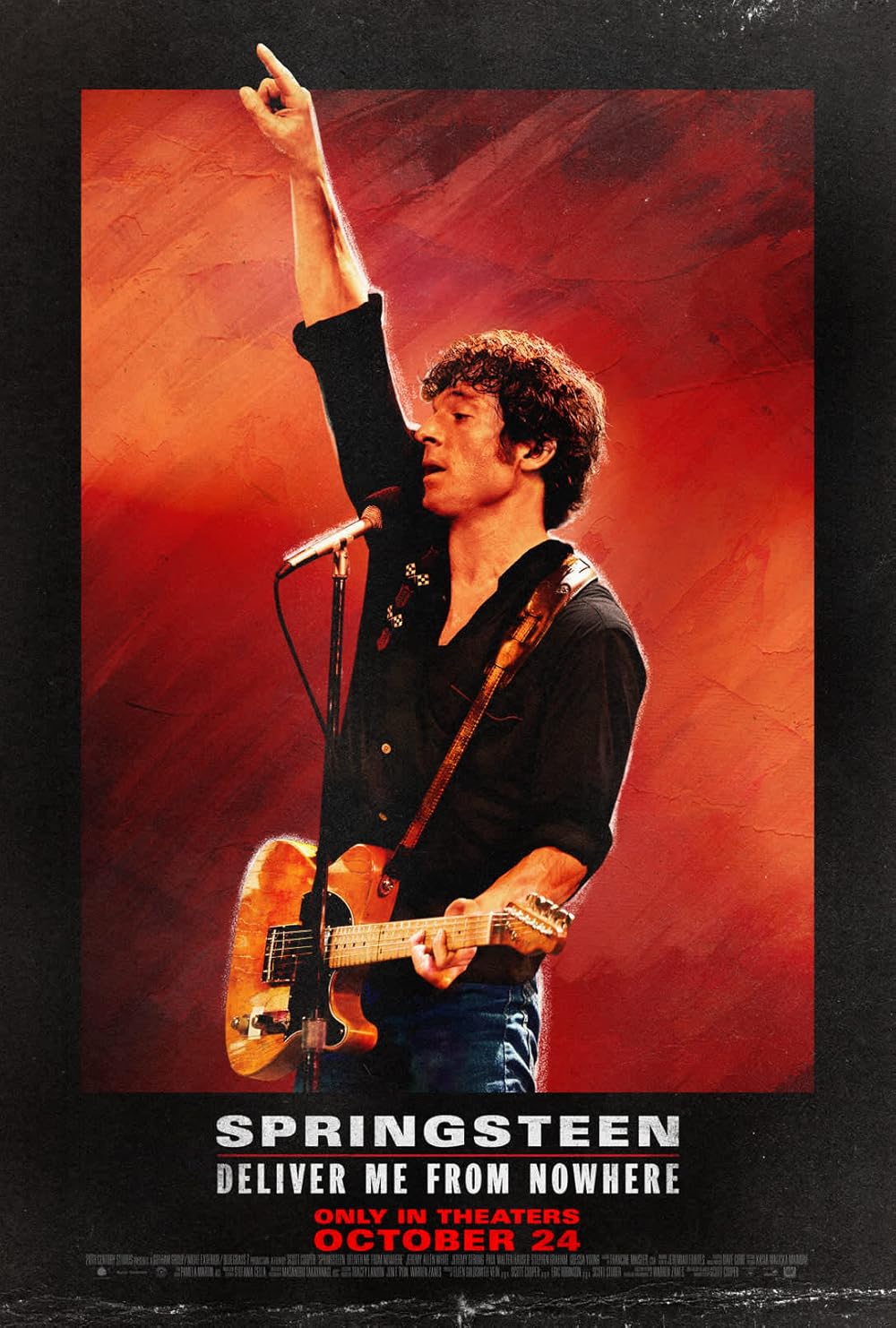Almost subliminally in Deliver Me from Nowhere, there is the sense that Springsteen knew that he had to get his own emotional baggage in order before he could handle the spotlights waiting for him. As open as he is with Zanes, Springsteen doesn’t seem to speculate on this very much with him, though other sources, including Springsteen’s autobiography, relate that Springsteen suffered a bout of severe depression. He wrote, recorded, and released the songs on Nebraska in the midst of it, then went on a road trip across the country, had a breakdown, and moved into a new house in Los Angeles.
Zanes ties the threads of the book together in a way that Springsteen himself doesn’t. In the songs, Springsteen reached back through the American folk songwriting tradition to explore his own personal history, his childhood with his parents and grandparents, a hidden world where things were darker, more complex, and more desperate than they seemed, and explanations, morals, and meanings didn’t come easy. “I often go back to that place in my dreams, and it’s still a place that holds a lot of significance for me, a lot of emotion,” Springsteen tells Zanes. “I pass by it a lot, still. It’s a very mysterious place.” Nebraska, writes Zanes, “was a place Springsteen could go when he needed to remember where he came from.” He got it all down in verse, in all its elusiveness, recorded and released it without compromising a shred of his vision, took off for a while, and then two years later turned around and embraced his destiny to become a superstar.
Where Zanes’s book creates a black box around Springsteen’s depression, the movie Springsteen: Deliver Me From Nowhere opens that box right up to create, mixed reviews notwithstanding, one of the best music biopics out there. Springsteen separates itself from the pack in part by sticking to the source material. By focusing on a specific, crucial turning point in Springsteen’s life rather than trying to cover it all, the film avoids the usual traps that biopics fall into. After all, the dirty somewhat-secret for most successful artists is that, once they become successful, their lives aren’t very interesting, unless they do something to screw it all up (which Springsteen hasn’t). Rather, as with superheroes, the most intriguing part of an artist’s biography is the origin story: their lives before they became working artists, their childhoods, adolescence, and early adulthood. We want glimpses into the experiences that shaped them into the artists they became. We want to see the first glimmers of talent, the path of their ascent, artistically and commercially. For a conventional biopic, a natural stopping point—though none of the ones I’ve seen actually stop there, and suffer for it—would be the moment of their big break.


